|
New
Releases |
January 16, 2026

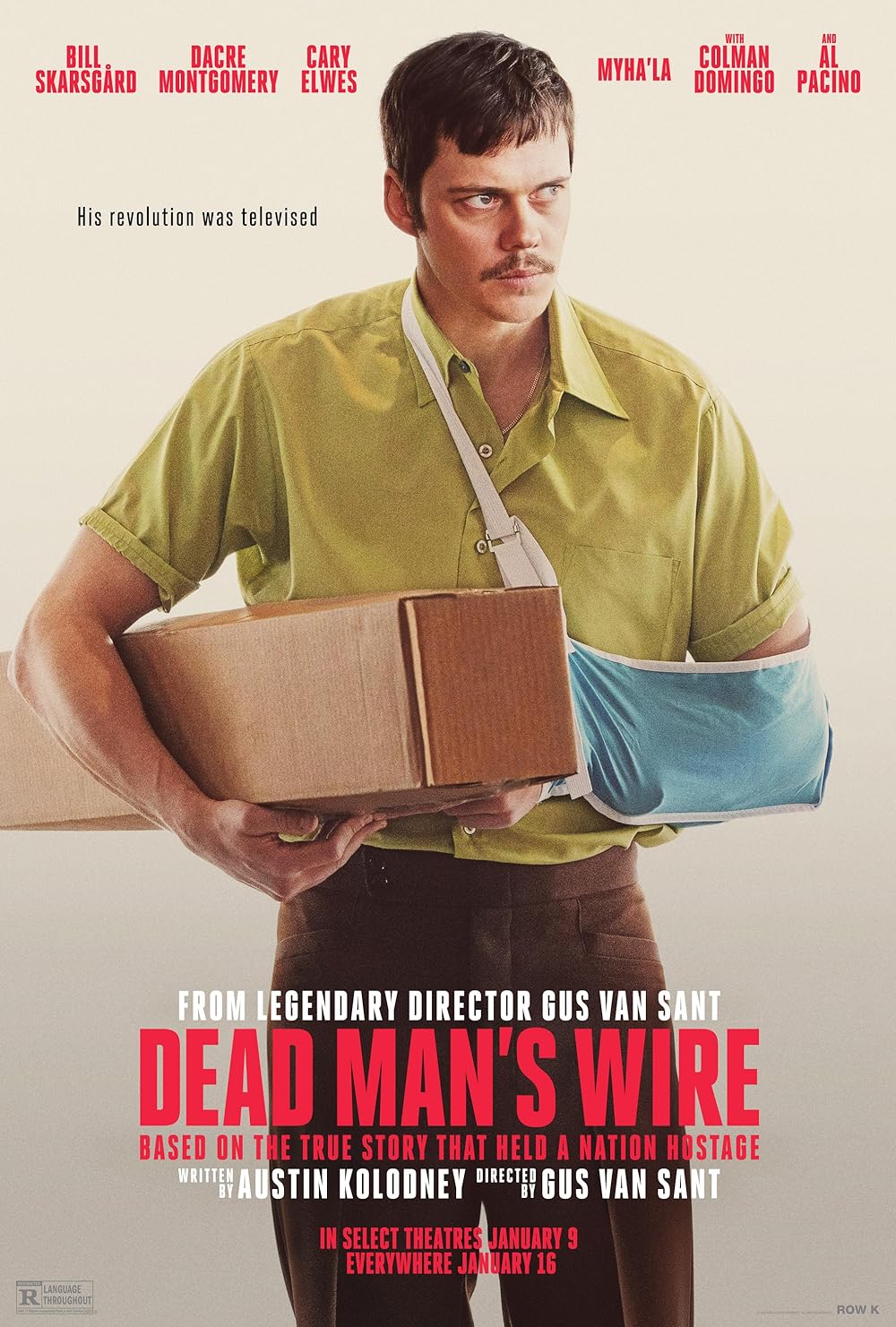

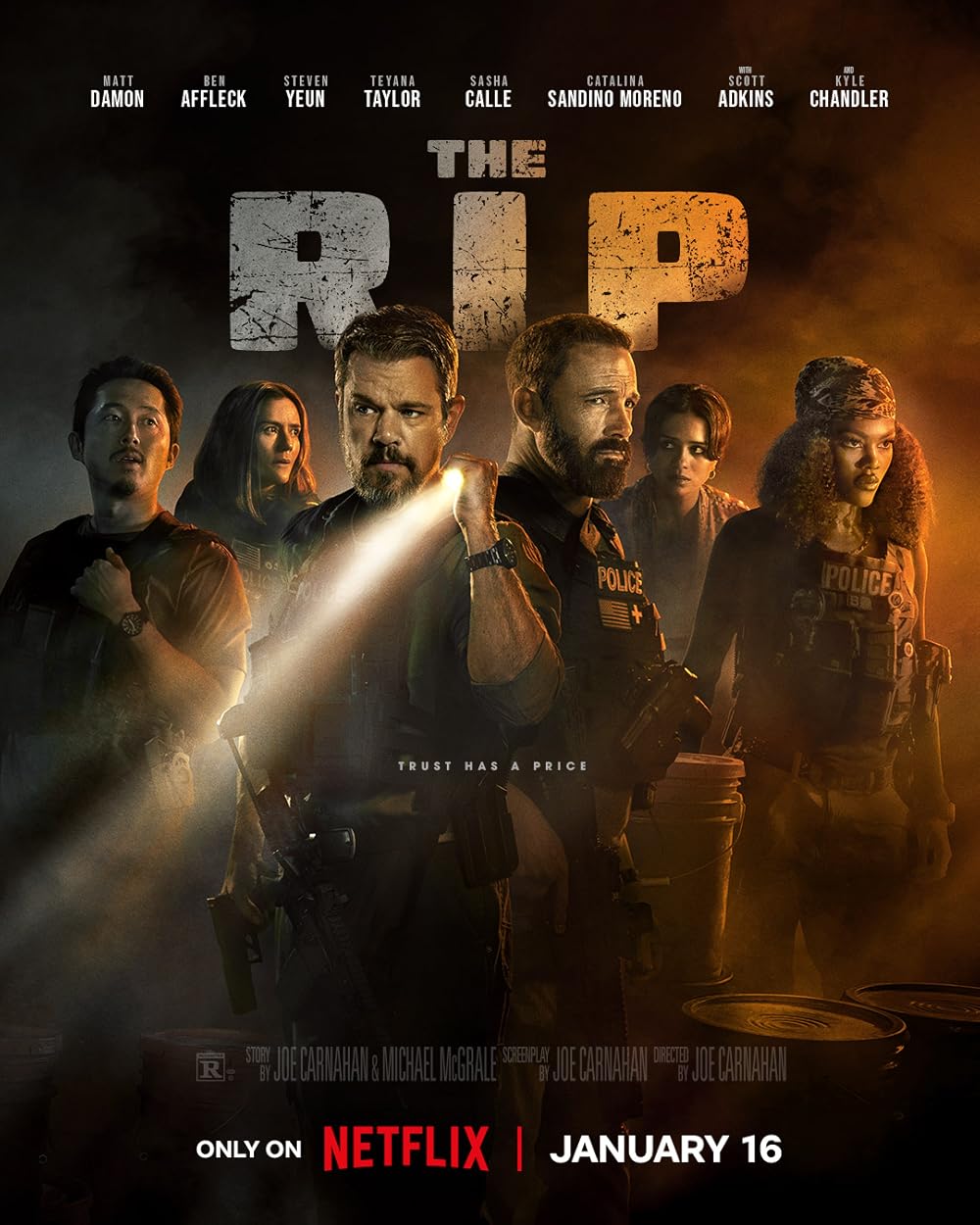 |
January 9, 2026

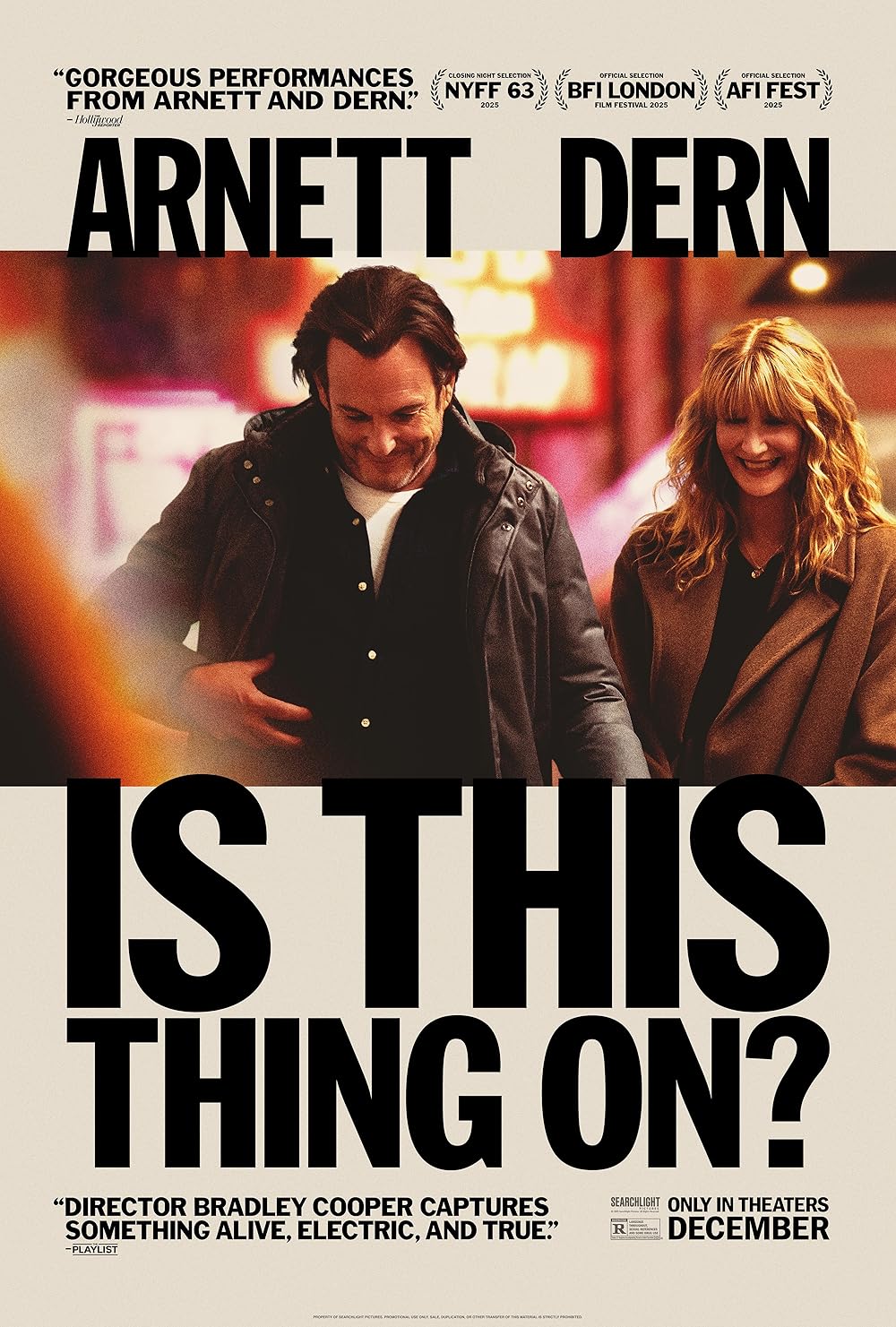 |
January 2, 2026

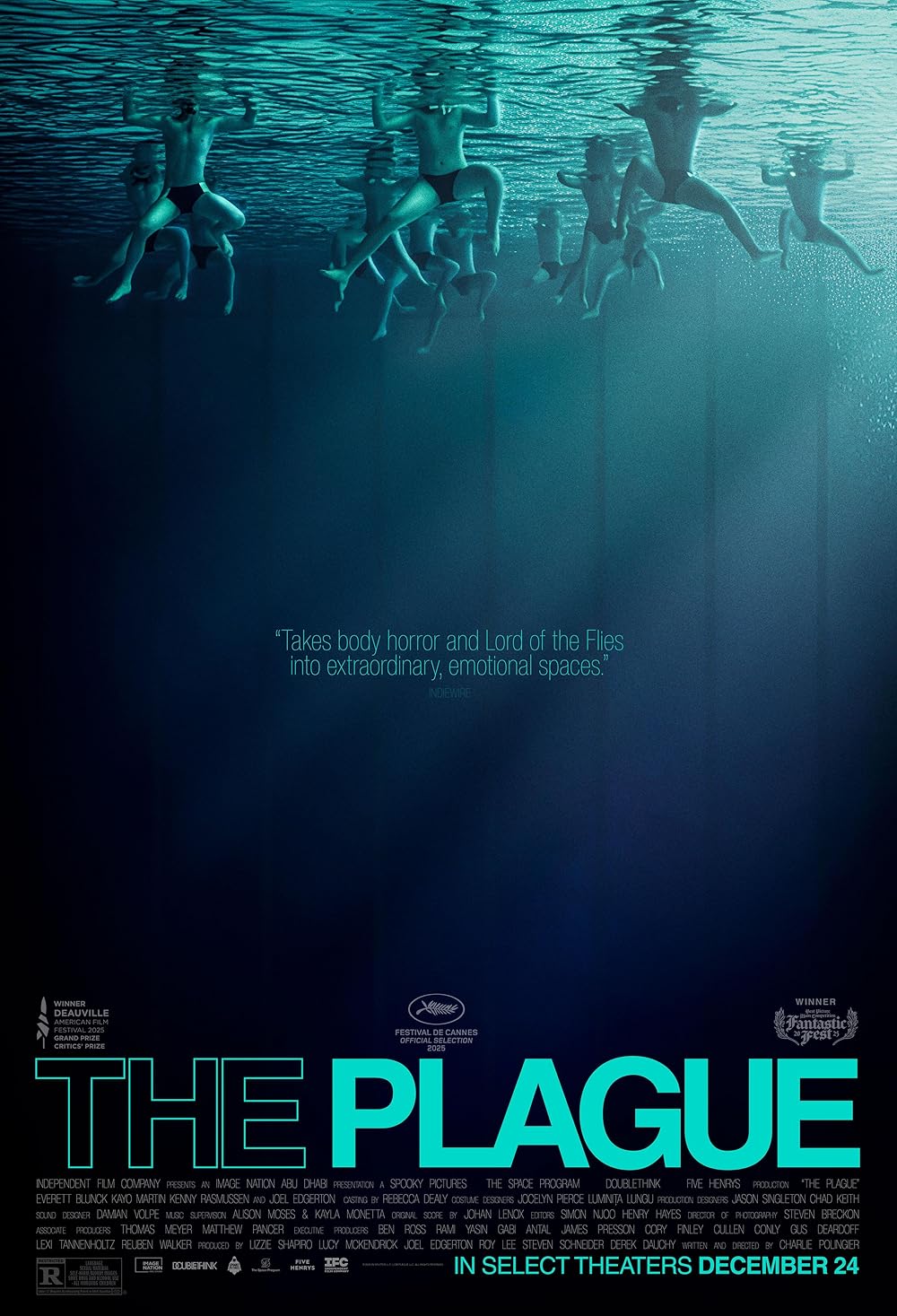
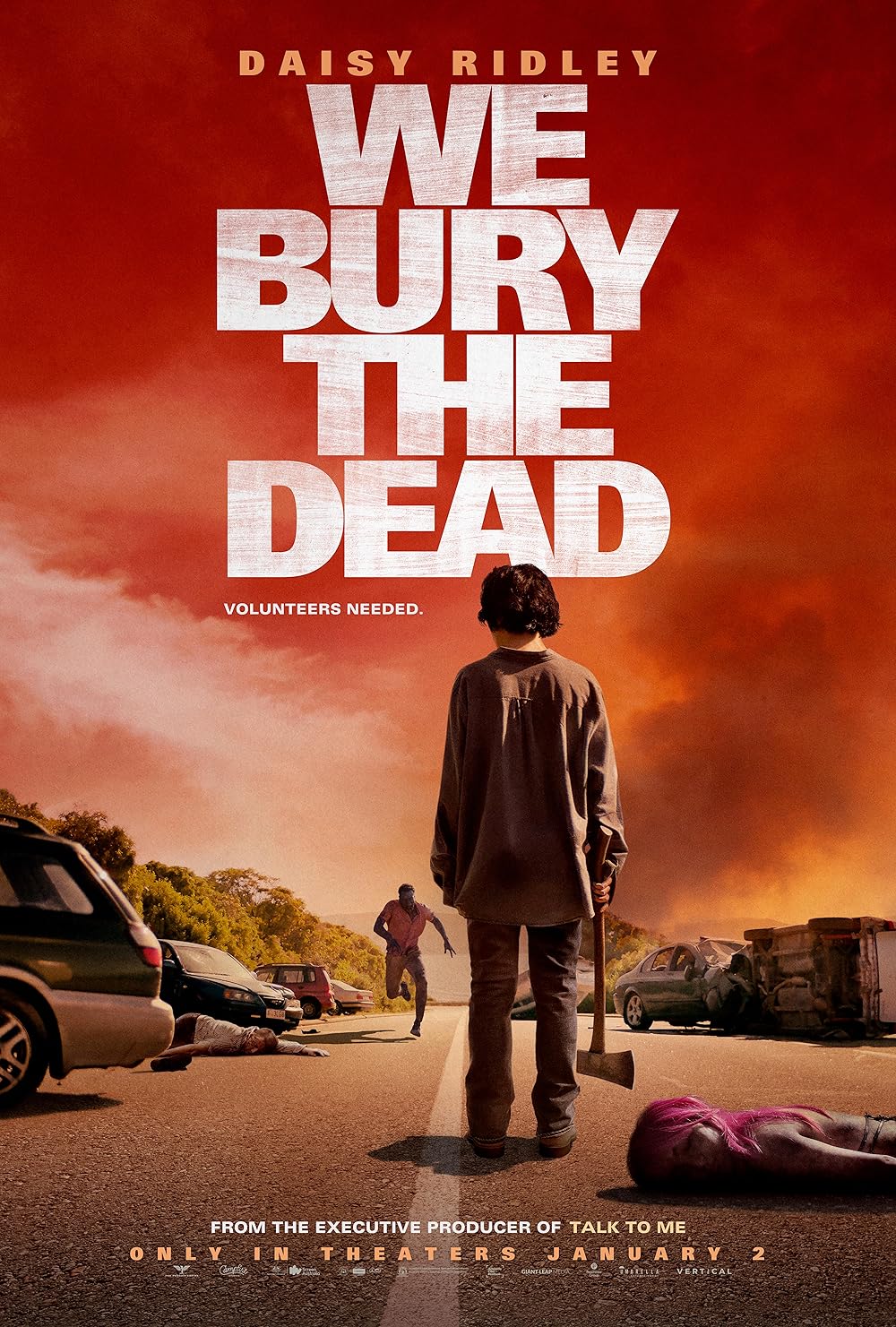 |
December 26, 2025

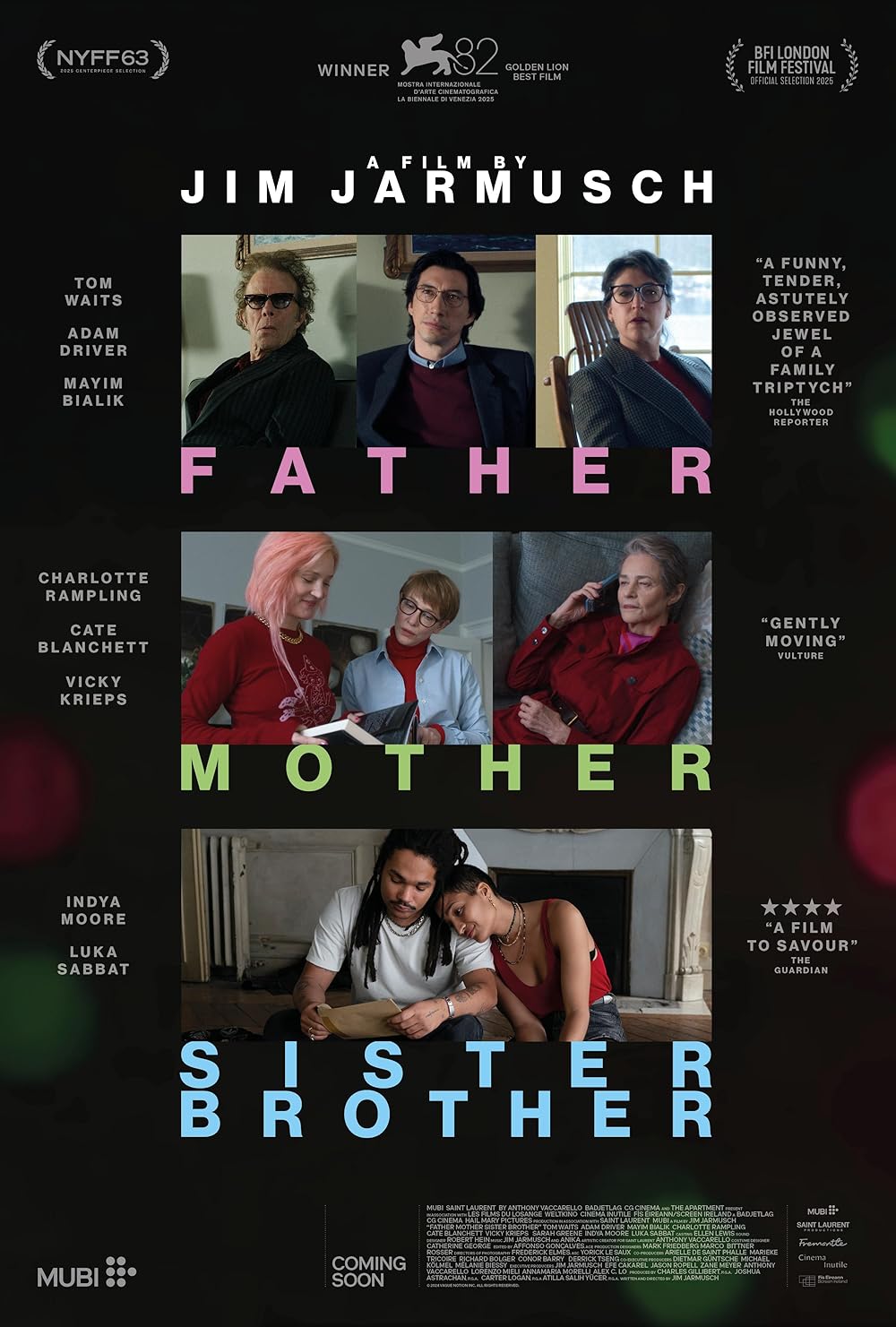



 |
December 19, 2025


 |
December 12, 2025
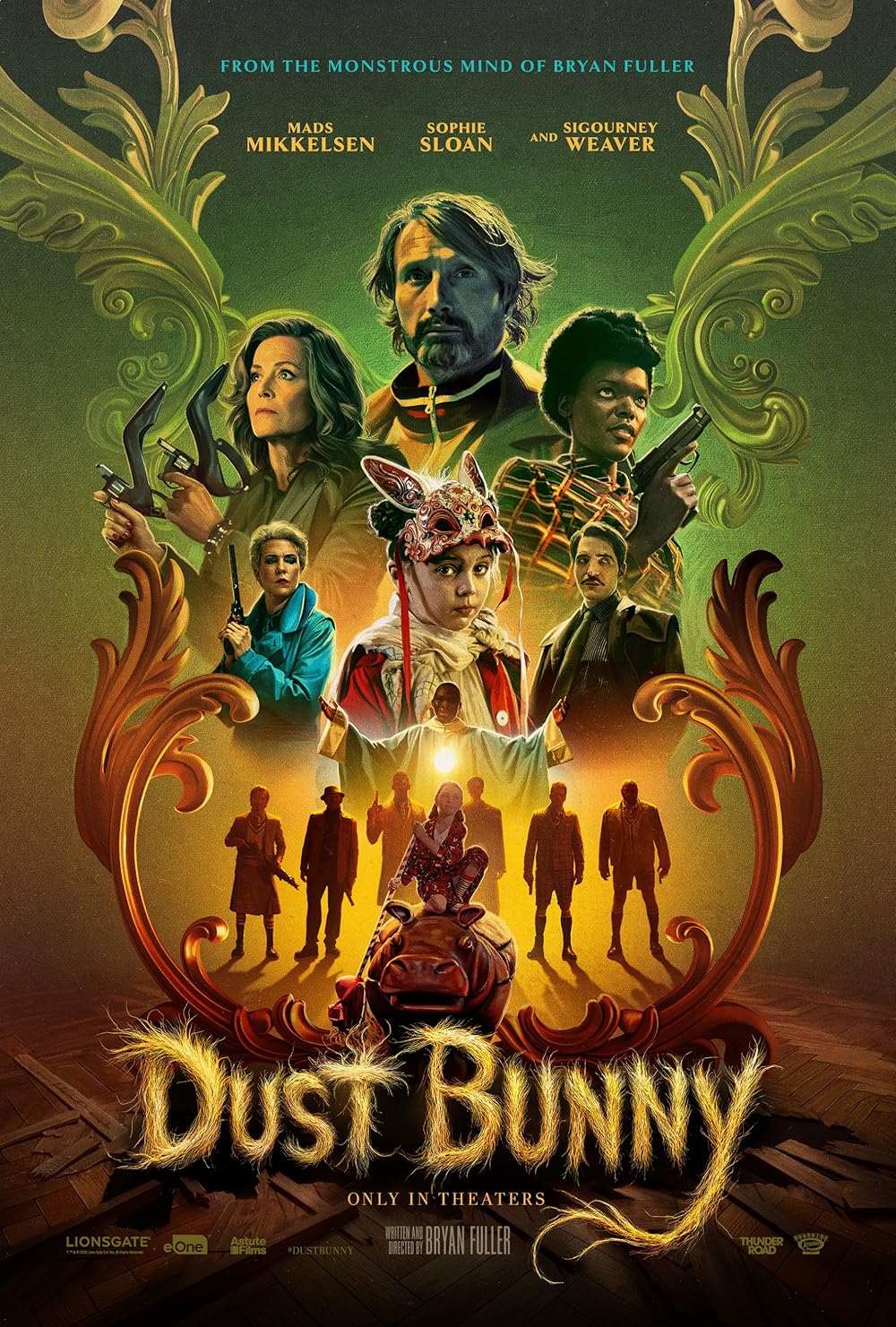
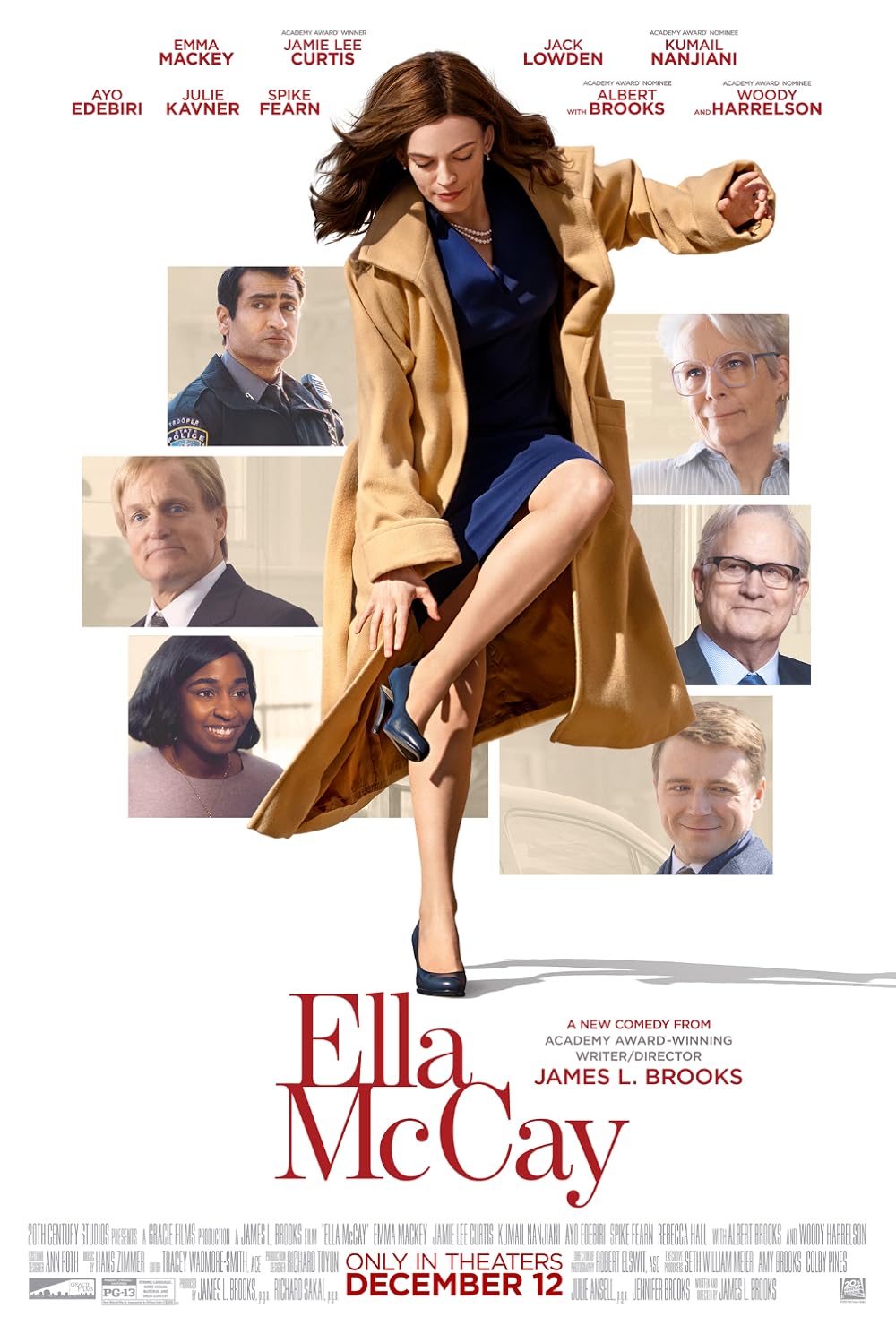
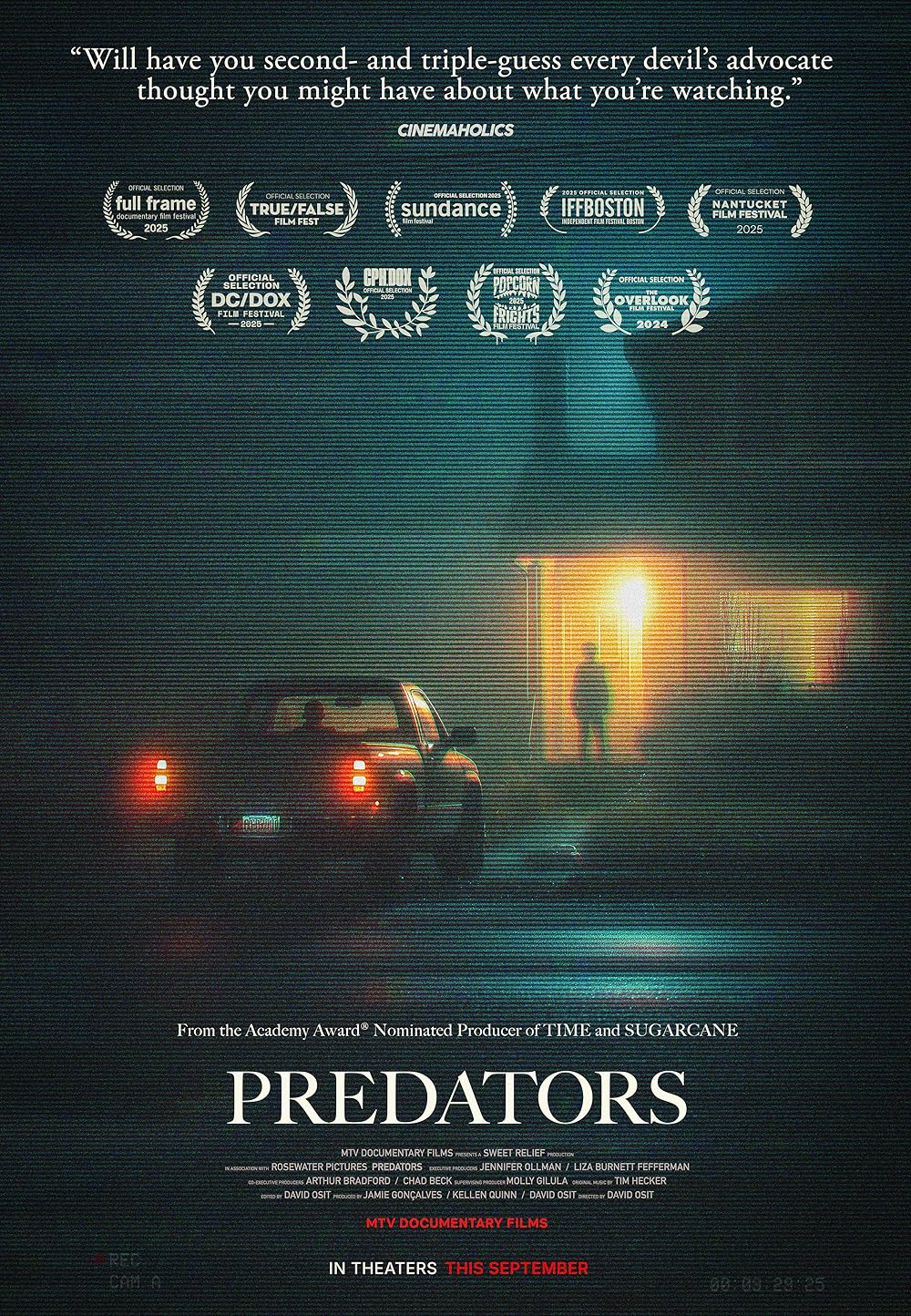
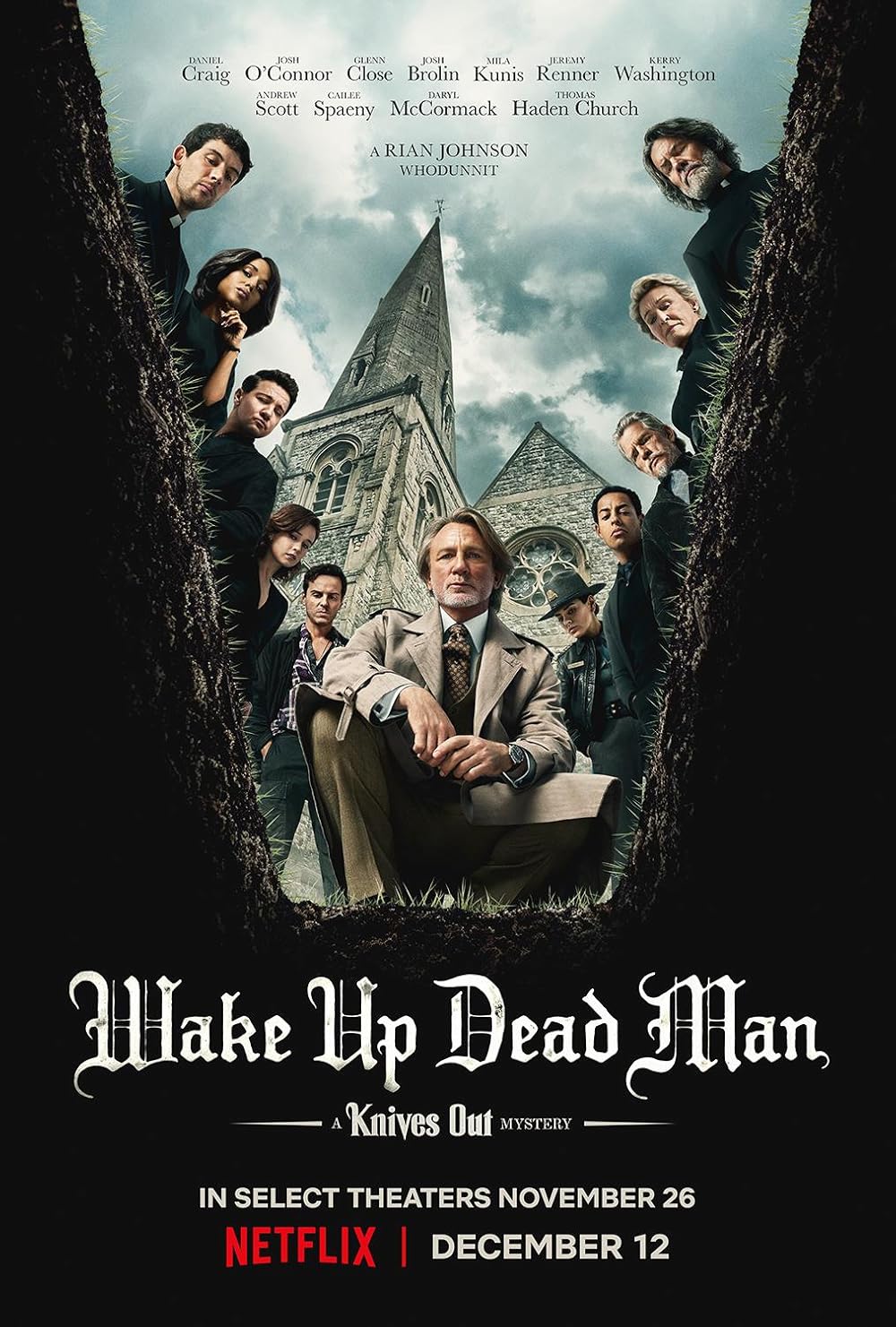 |
December 5, 2025






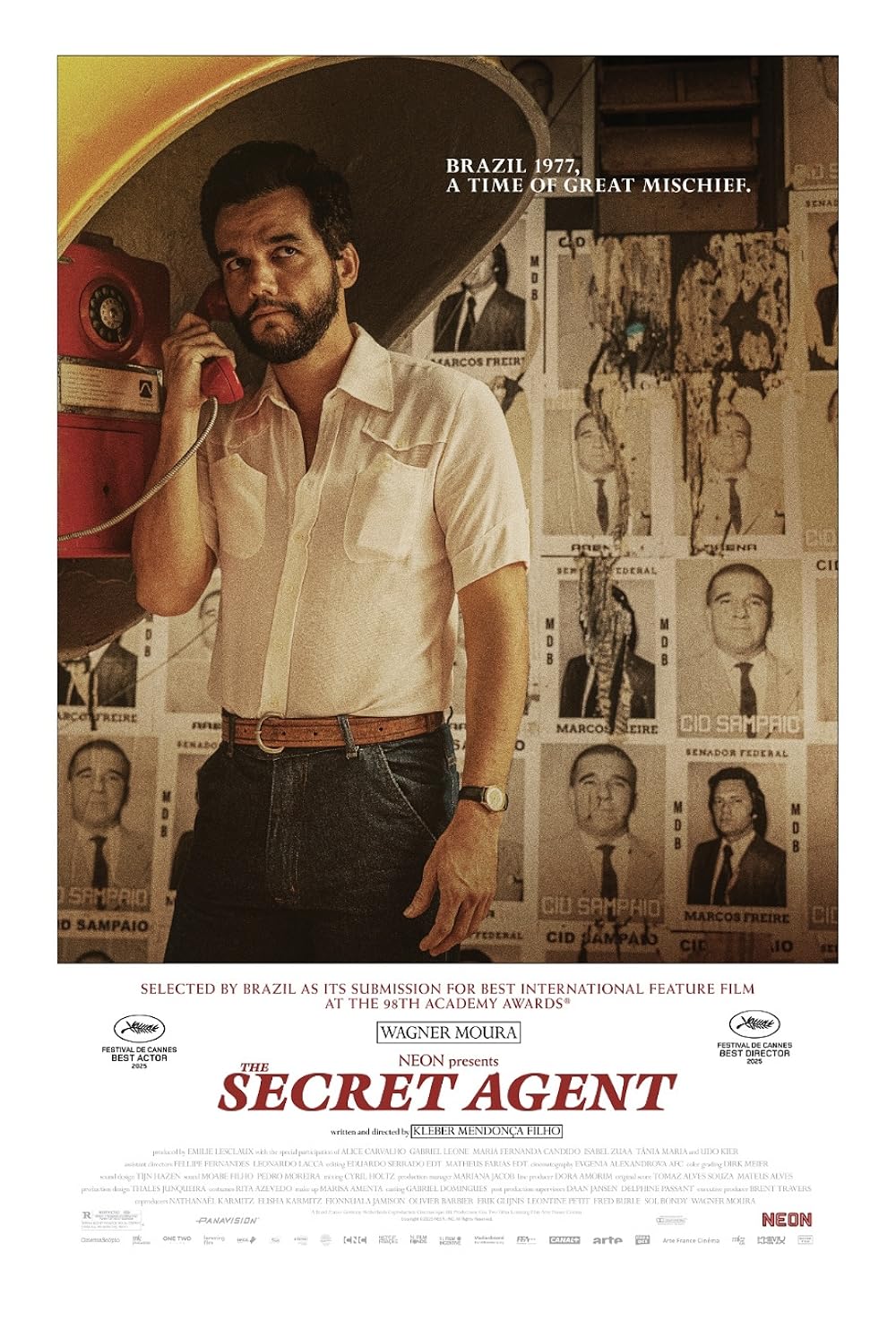 |
|
|
|
Michael Clayton
(2007)
Directed by
Tony Gilroy
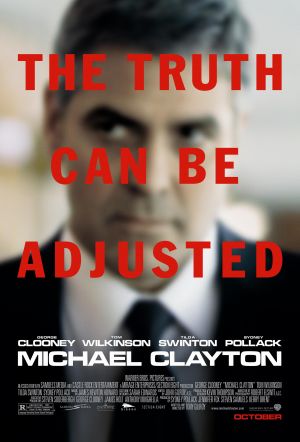
Review by
Zach Saltz
Michael
Clayton begins with an
extended monologue delivered with furious voracity by Tom Wilkinson,
playing a corporate arbiter who has lost his mind after defending a
morally corrupt enterprise shortchanging human lives for profit.
Contrasted with the anger and fury of Wilkinson’s voice are calm,
empty, grayscale images of his New York-based law firm, void of the
scattered hurry and industry we are so accustomed to seeing -- and will
eventually see immediately after his speech.
It is in this last moment of serenity before the storm that will
eventually plunder the moralities of the firm’s lawyers into stark
ambiguity.
So begins Michael Clayton, which would be the year’s best film were it not for
a peculiar flaw that hinders the film’s authenticity.
The titular hero (or antihero?), played by George Clooney, is a
“fixer” at
Kenner,
Bach, and Ledeen; though he had been a criminal defense attorney for
several years, he had found his niche (whether through his own volition
or not) at resolving PR nightmares for the prestigious firm and its
prized lawyers.
Michael is
a little like Harvey Keitel’s character Winston “The Wolf” from
Pulp
Fiction, except he looks like he just walked out of a photo shoot
for GQ magazine.
Wilkinson’s
character, Arthur Edens, is a disaster waiting to happen.
The senior litigating partner for the firm, Edens has been
working on the defense a three billion dollar class-action suit leveled
against the environmentally-ignorant UNorth corporation.
But after discovering a crucial document suggesting the guilt of
the company he is defending, he goes on a tail spin, strips naked during
litigation hearings, and disappears. “You’re a manic-depressive,”
Michael Clayton informs him after flying to Milwaukee to quell the
situation.
“I am Shiva, the
god of death,” he responds.
But the
story is not that clear-cut: Michael’s life is also a mess.
Divorced and facing a heap of debt in between a failed restaurant
and an alcoholic brother, he is forced to ask the frustrated chief
partner at the firm (Sydney Pollack, who is great at roles like these)
for an $80,000 loan. “I am not a miracle worker,” he solemnly admits to
a client in desperate need of immediate assistance.
“I am a janitor.”
Once in possession of the evidence pointing to the clear guilt of the
multi-million dollar UNorth corporation, Michael is quickly targeted by
the big interests, and we are left to ponder his sanity under severe
pressure.
The flaw of
Michael Clayton
is the Wilkinson character; he simply does not
belong in this story.
It is
too hard to believe that
Kenner,
Bach, and Ledeen would continue to employ such a loose canon; is it not
believable how Pollack’s character informs us that Arthur is, in a
strange twist of fate, the firm’s expert on psychiatric commitment
statutes.
It is too
inconceivable to believe that Michael would not notice that he had
escaped from the hotel room in Milwaukee.
And there is an utterly ridiculous phone exchange between
Wilkinson and someone who he should have no business knowing and
communicating with.
Fortunately, through a series of circumstances I will not expand upon,
his character sees significantly smaller screen time in the latter half
of the motion picture; the subsequent sections of the film feel much
more lean, taut, and (most importantly) genuine.
Another
positive feature of Michael Clayton is the Tilda Swinton
character, as the chief litigator for the corrupt UNorth corporation; as
in the opening sequence, director Tony Gilroy shows here that he is a
master of contrast.
We see
the Swinton character rehearse speeches while in her underwear and
bathrobe, suggesting that to put forth blatant lies, she must literally
cleanse herself of all guilt beforehand.
The speeches she gives in preparation are shown back-to-back with
the same speeches she gives in formal clothing.
She talks before the camera and audiences but does not really say
anything; though she is tantamount to nothing more than a talking head
for the corporation, she is nonetheless a sympathetic character because,
like Michael, her loyalties are to her peers rather than the flawed
ideology and endgame of the larger enterprise.
There are a
number of striking parallels between Michael Clayton
and Erin
Brockovich (2000).
Both
title characters are outsiders employed by law firms who are able to see
past the façade of corporate responsibility; both involve companies
disregarding environmental sustainability; and both protagonists are
shown as severely flawed, troubled characters.
But while Erin Brockovich
emphasized the nonexistent charm
of its hero, Michael Clayton
is surprisingly effective in
creating compelling, raw characters (with the exception of Wilkinson)
who are not only interesting to watch at work, but also leave the viewer
wanting to know more about them.
Why this fervent distrust and skepticism on the part of Michael
toward everyone he knows?
What are the real intentions of the partners at the firm in their
employment and deployment of Michael?
How guilty really is the Tilda Swinton character?
It was said
that, after the runaway success of John Grisham and the legal genre in
paperback and onscreen, lawyers had replaced army platoons and
detectives as the film industry’s favorite breed of hero.
But with Michael Clayton, we see a man who is woefully
unsure about what the right thing to do or whether he possesses the best
resources to do it, which makes the Clooney performance all the more
compelling.
We are used to
seeing him as the ever-cool
Danny
Ocean, not this troubled
or guilt-ridden.
Clooney
deserves an Oscar nomination, and despite the aforementioned
shortcoming, this is one of the year’s best motion pictures.
Rating:

# 5 of 2007
|
|
New
Reviews |
Reactions to the Nominations

Written Article - Todd |
2026 Oscar Predictions: Final

Written Article - Todd |
Todd Most Anticipated #5

Podcast Featured Review |

Podcast Review - Todd |

Podcast Review - Terry |

Podcast Review - Zach |
10th Anniversary

Podcast Oscar Review - Terry |
Director Blindspot Watch
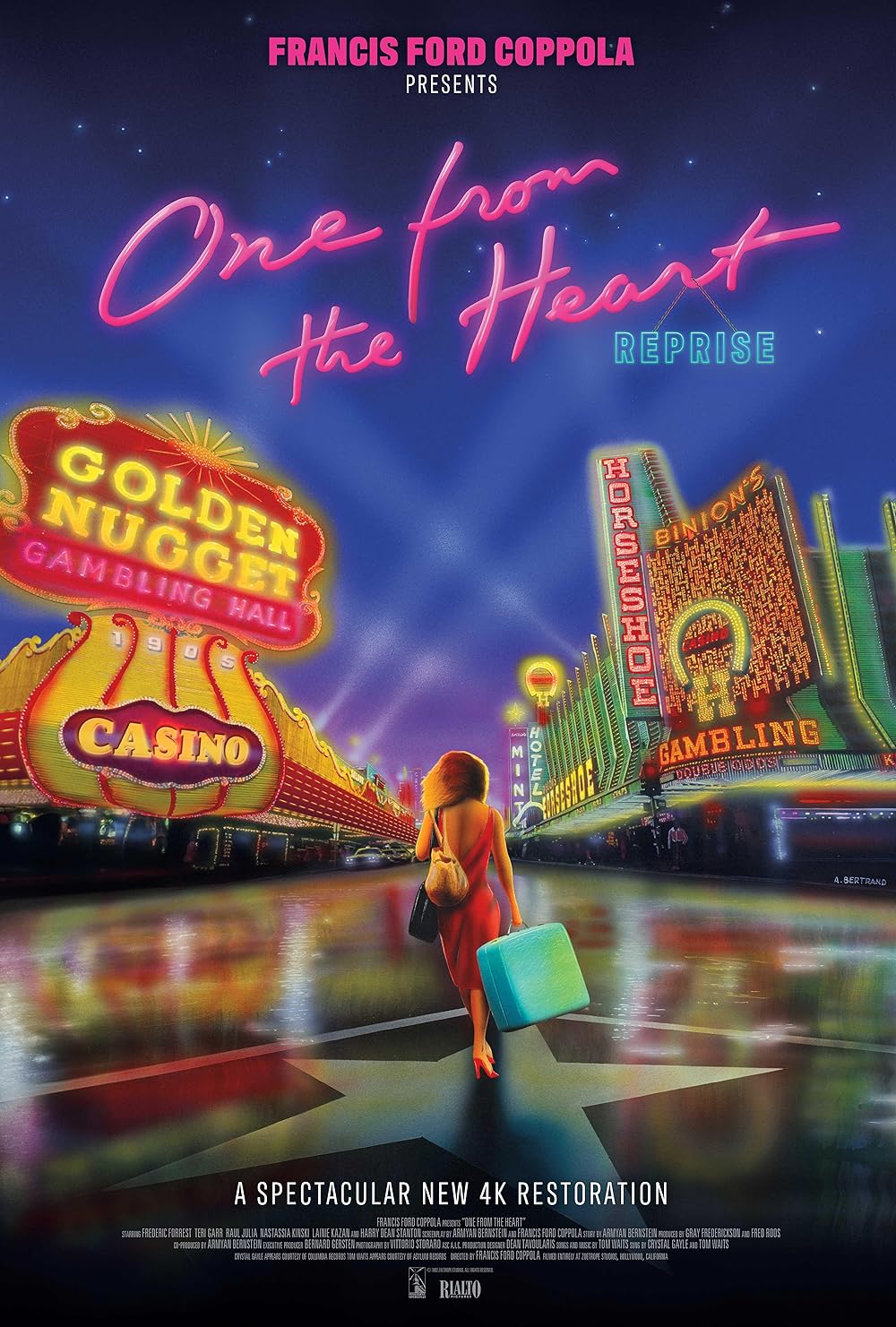
Podcast Review - Todd |
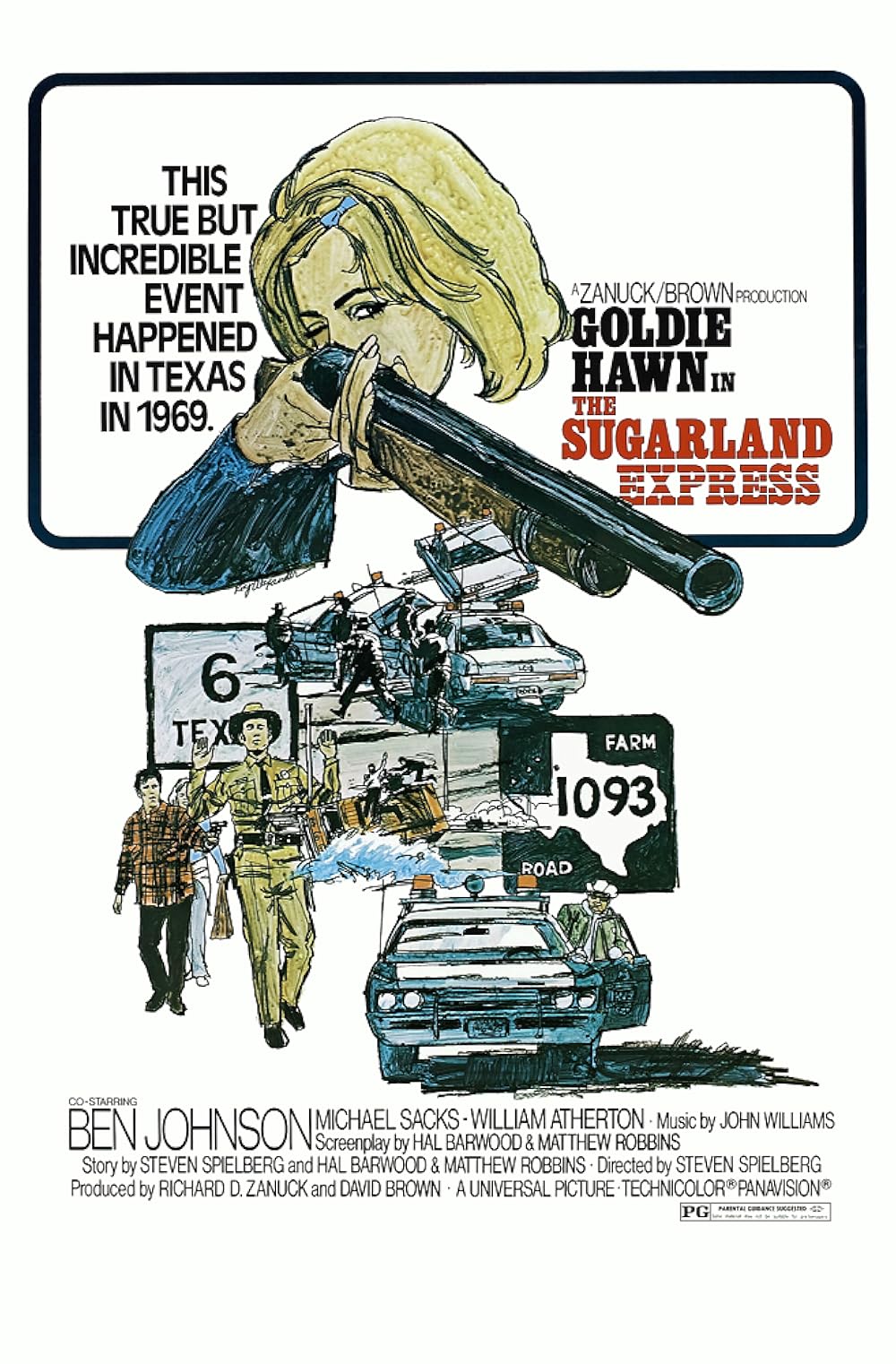
Podcast Review - Zach |
Ford Explorer Watch
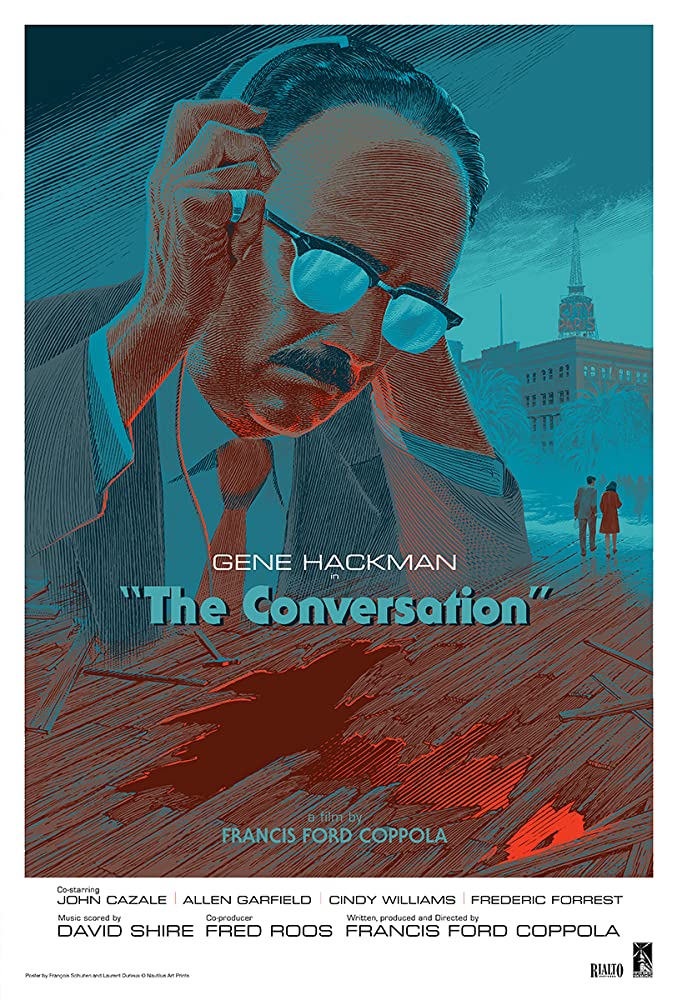
Podcast Review - Adam |
2027 Oscar Predictions: Jan.

Written Article - Todd |
Terry Most Anticipated #2

Podcast Featured Review |

Podcast Review - Terry |

Podcast Review - Zach |
20th Anniversary

Podcast Oscar Review - Terry |
Ford Explorer Watch
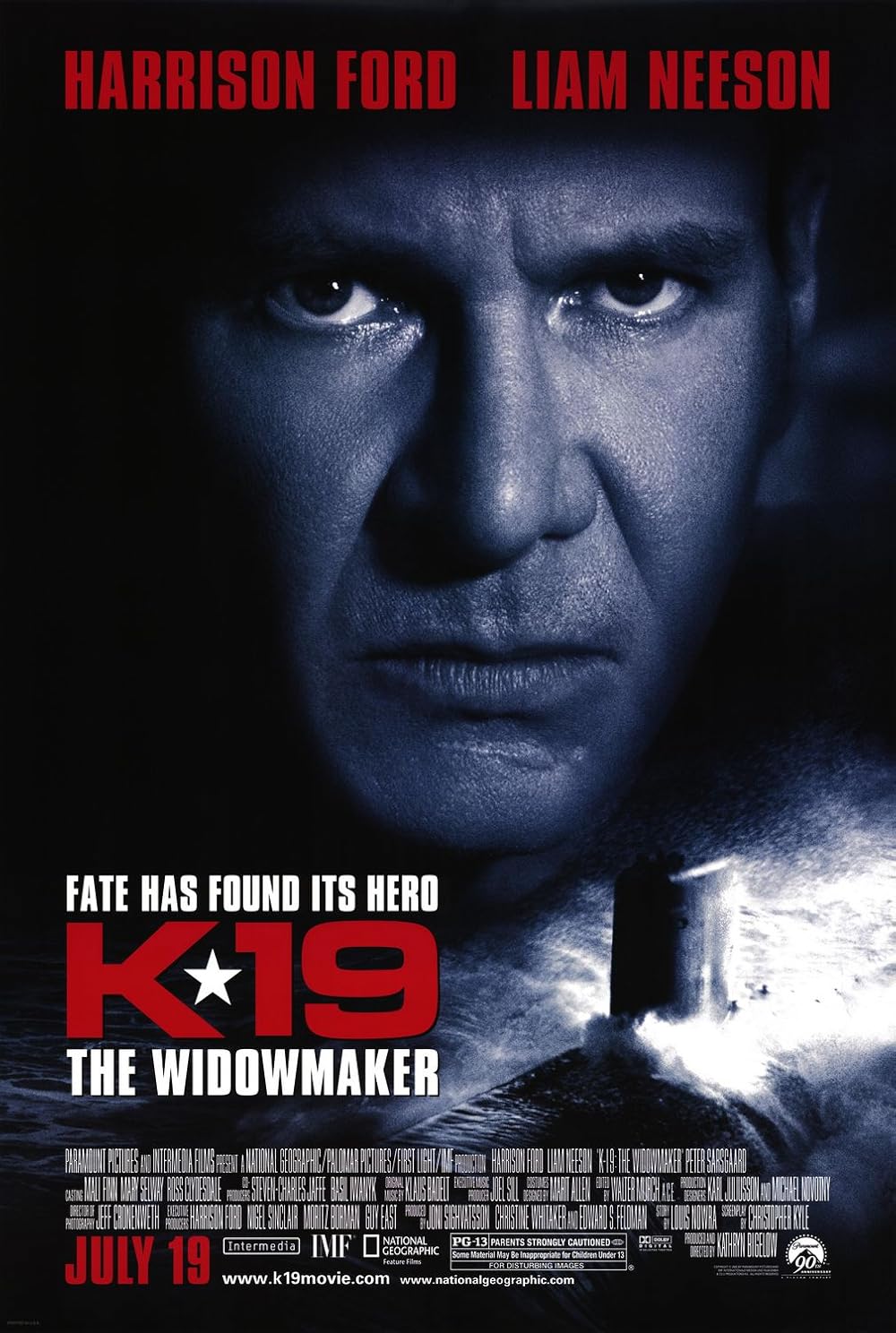
Podcast Review - Adam |

Podcast Trivia Review - Adam |
Director Blindspot Watch

Podcast Review - Todd |

Podcast Trivia Review - Todd |

Podcast Trivia Review - Terry |
25th Anniversary

PODCAST DEEP DIVE |

Podcast Featured Review |

Podcast Review - Adam |

Podcast Review - Terry |

Podcast Review - Terry |
Indie Screener Watch

Podcast Review - Todd |
|
|
|